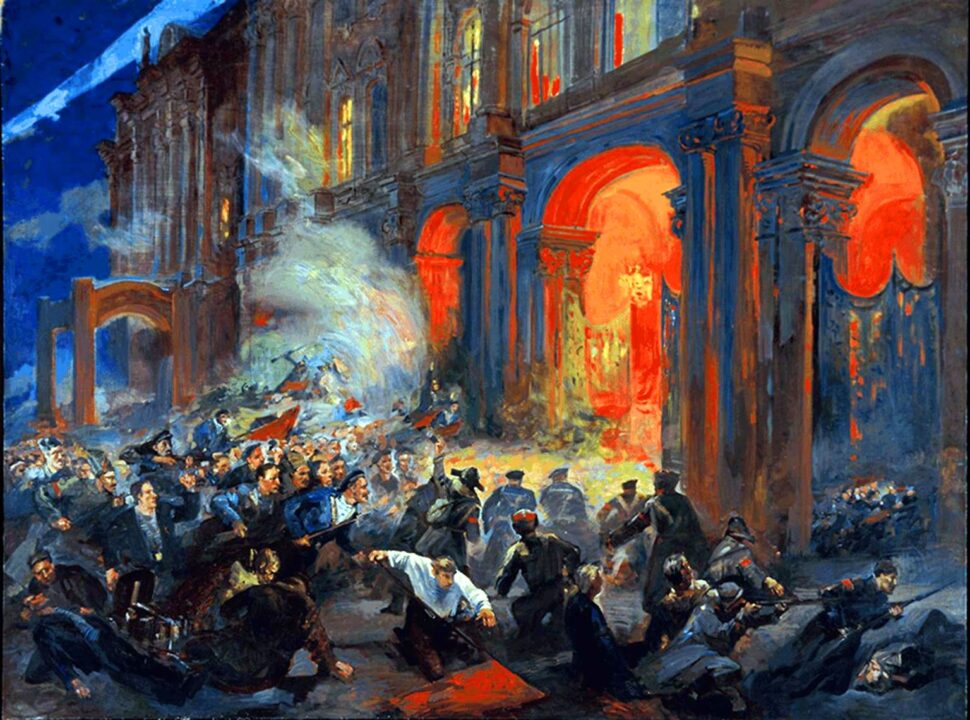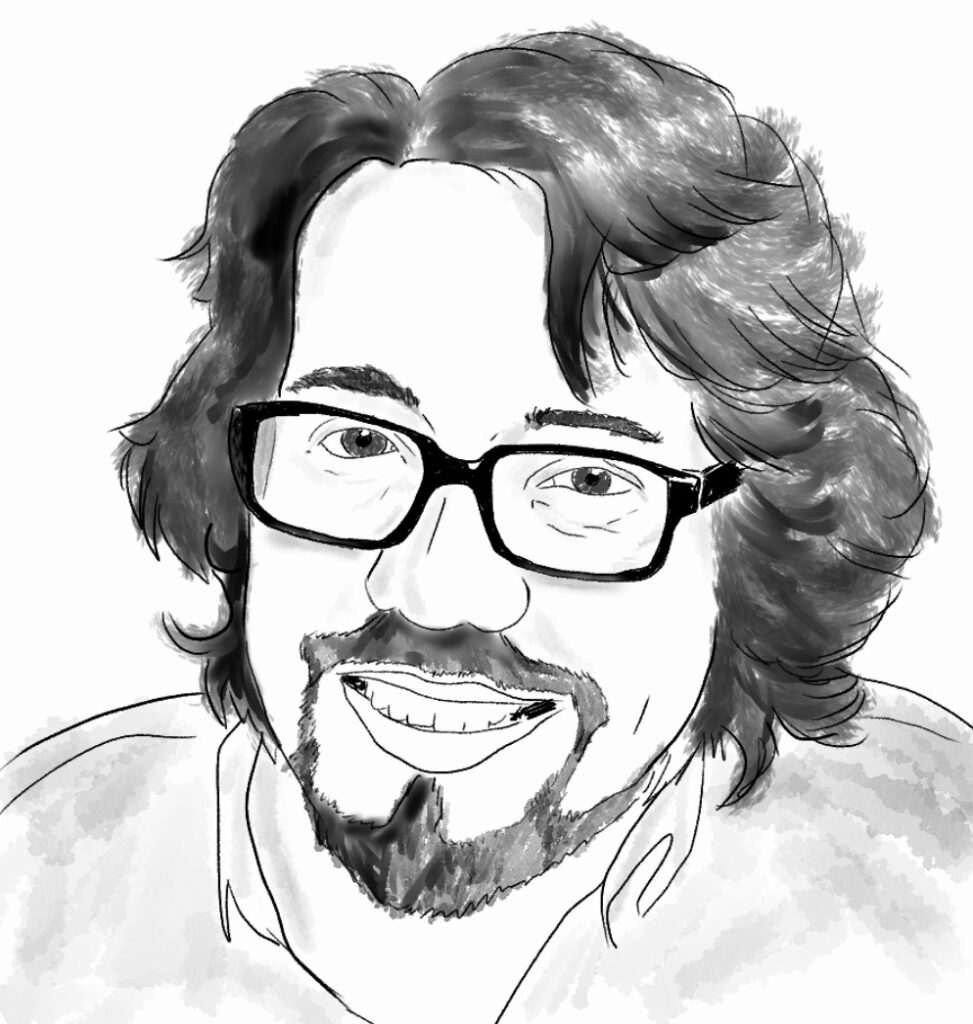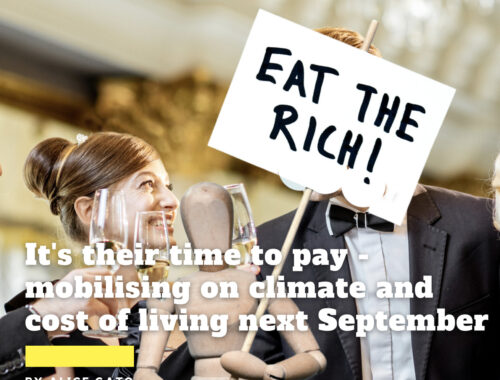
The Winter Palace: an article on power in our time
Antonio Zambrano Allende
From the 1990s to the present day we have seen the rise and fall of the neoliberal single thought, the unbridled markets, the irregular and asymmetrical wars and aggressions, the advance of NATO, the explosion of the globalisation of communications, climate change, the recent pandemic and the return of war conflicts in the global geopolitical north. In the process, the global oligarchy has incubated the necessary space that today allows the strengthened resurgence of the extreme right to dispute spaces of real power – and to win elections, which is even more worrying.
The governments of Trump in the United States, Bolsonaro in Brazil and Duterte in the Philippines are sensitive expressions of this change. Although they met with resistance that prevented an even greater escalation, they profoundly undermined their democracies. And they provided platforms to project themselves in different directions across the political spectrum in their countries.
However, the presence of Le Pen in France, Vox in Spain, Kast in Chile, Fuijmori in Peru and multiple other partisan voices in various continents show us something greater than the very governments they want to champion. They express the rise of a popular fascism that is permeating the sensibilities of large sectors of the people and building a narrative that grows in fear.
In Latin America, the first wave of progressive Latin American governments and the timid appearance of a second wave in the making have not managed to conceal the advance of ultra-right-wing thinking. What we see, rather, is a social polarisation that strengthens andemboldens populist radicalism.
The convergence of multiple crises, the feeling of distrust of the future and the massive loss of purchasing power erode security in the future. They allow retrograde thinking to germinate in the middle classes, many of which have barely managed to consolidate in this century in various countries of the region.
On the other hand, the left has grown timid and comfortable, with no prospect of radical change. The left lives in a coexistence with the centre right that has disengaged large social sectors from any mobilising perspective. That coexistence has liquefied them into a “political class” that is insensitive to the daily life of their people. Thus trade unionism, the agrarian movement, territorial and indigenous struggles have been weakened, isolated or marginalised even in contexts of prosperity for the left.
In these terms, the critique from progressive thought has ended up squaring the limits of “good governance”, social welfare programmes, nationalisation of strategic resources and economic and fiscal stability in the capitalist world that governs it by crushing resistance.
In the face of this political and ideological orphanage, the global climate movement has been growing stronger in parallel. Climate is one of the few movements that seeks to return to the root of the debates, to what Marx called “the ruthless critique of all that exists”.
We do this accompanied by curious allies – science and children. The scientific community is mobilizing partly because of the reports of the United Nations Intergovernmental Panel on Climate Change (IPCC), but also because of the enormous accumulation of certainties about the risks to every corner of the planet from climate change.
“The left lives in a coexistence with the centre right that has disengaged large social sectors from any mobilising perspective. That coexistence has liquefied them into a “political class” that is insensitive to the daily life of their people. Thus trade unionism, the agrarian movement, territorial and indigenous struggles have been weakened, isolated or marginalised even in contexts of prosperity for the left.”,,
Antonio Zambrano
Next to the scientists, very close by, a massive process of mobilisation of children and adolescents has its most visible expression in Fridays for this Future. But the movement of young people organizing themselves is not limited to Fridays. And it inspires adults and the elderly to do the same.
In the depths of this moving iceberg, we find a tangle of extremely diverse social groups that recover ancestral, local and scientific knowledge, and territorialise it anew, seeking alternatives, building transformative bases from which to raise new, creative and essentially radical debates – even if the ideologies are not always framed in traditional terms.
Here, agroecology, cycling, urban mobility, conservation and squatter movements come together and dialogue with the movement for a fairer education, with rights to territory and decent work, the right to the city, solidarity with migrants, anti-racism, LGTBI rights, and timidly take up specific positions in electoral campaigns or political crises, as well as reacting to the injustices of each context.
These new movements in formation often lack a long-term perspective. But over the last 20 or 30 years they have managed to establish themselves in the imaginary of building alternative spaces that are beginning to go beyond their geographical, cultural and political limits and meet with collectives with elaborated philosophies and political perspectives that come close to electoral alliances. Today, the PSOL in Brazil, the Pacto Histórico in Colombia and Apruebo Dignidad in Chile are palpable examples of this progress in linking alternatives.
But let us not be fooled, the planet and the forms of life as we know it have no time for romanticism. It is necessary to dramatically expand the formulas for civil disobedience and social transformation beyond the states. The latest IPCC reports warn that a change in the structure of the global energy matrix and the forms of production are necessary to reduce Greenhouse Gas emissions. This poses profound changes in the economic system that will involve powerful resistance from existing power. However, the heterogeneous space and time in which we live in our cities, communities and ecosystems presents us with challenges to face at every level. Co-optation, coercion and repression by the economic powers must be overcome along the way.
In other words, the proposals that are now germinating at the local level and are timidly beginning to emerge have to fight for and against a power that is more concentrated than ever in human history and has been exacerbated during the murderous presence of COVID.
The Oxfam report “Inequalities Kill”, presented the post-pandemic world this way: “The world’s ten richest men have doubled their fortunes, while the incomes of 99% of the world’s population are reported to have deteriorated because of COVID-19. Growing economic, racial and gender inequalities, as well as inequality between countries, are fracturing our world.”
The society in which we live can no longer afford to sustain the wealth of the few at the cost not only of our lives but of the lives of diverse forms of the planet. In her book, The Sixth Extinction, the science journalist Elizabeth Kolbert explains how under normal conditions during the earth’s different eras a species could become extinct every 700 years or so, except during periods of so-called “great mass extinctions”. Today, according to IPBES, there are about 1 million diverse life forms in the world at the same time threatened or at risk of extinction of some kind, which puts the sustainability of all ecological systems up against the wall.
The popular climate movement is today incubating in the enormous cracks left by the state in the economic system. From the grassroots we are rethinking consumption and projecting limited but explicit ways of counteracting corporate power, recycling, reusing, reducing. Simultaneously, we are recovering community forms of organisation, and at the end of the day, inventing new forms of struggle.
However, we find ourselves in our “winter palaces”, that is, in our territories, resisting, looking for ways to transcend to the construction of global ideological proposals that articulate us politically. This is where Ecosocialism as an ideological proposal for the next period is transcendent for the solidarity of struggles. Ecosocialism articulates the discourses that could allow us to give the global battle for power that transitions quickly, effectively, fairly and forcefully towards another economic, political and cultural system.
Ecosocialism has the potential to become an ideological instrument that gathers and recovers the real, territorialised and possible proposals that must ascend and become government programmes, massive solutions to hunger, unemployment, forced migration, that mitigate our emissions and in particular that replace the power of corporations not only to put it in the hands of the people, but of life on earth.
Humans in the so-called Anthropocene (or Capitalocene) have become the hinge between different geological eras. We have the power to stabilise the composition of the atmosphere or to damage it profoundly. People have the power to recompose their social relations of production and propose an ecosocialist balance with all forms of life. The road is narrow, time is short, and the precise formula does not exist, but the struggle is underway.

“Ecosocialism has the potential to become an ideological instrument that gathers and recovers the real, territorialised and possible proposals that must ascend and become government programmes, massive solutions to hunger, unemployment, forced migration, that mitigate our emissions and in particular that replace the power of corporations not only to put it in the hands of the people, but of life on earth.”
Antonio Zambrano





